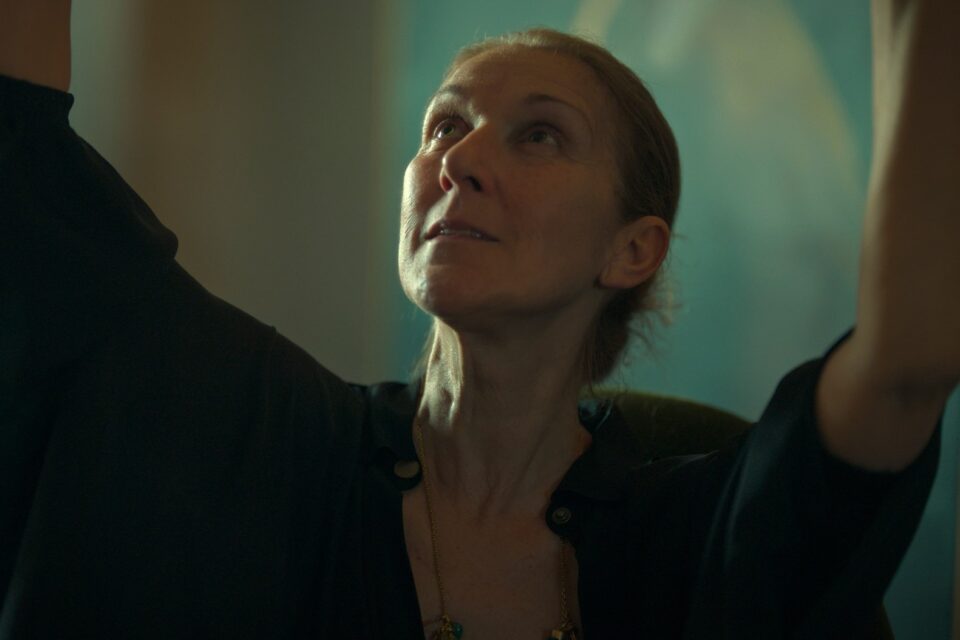‘I Am: Celine Dion’: 5 Things We Learned From Harrowing Documentary
A new Amazon Prime film follows the renowned singer as she navigates stiff-person syndrome
THE NEW AMAZON Prime documentary I Am: Celine Dion offers a gripping and heartbreaking portrait of one of history’s greatest voices struggling to sing again. Directed by Irene Taylor and streaming now, the film pulls back the curtain on Celine Dion as she navigates her stiff-person syndrome diagnosis and fights to keep the rare disorder from taking control of her body and her beloved voice. Here’s everything we learned from the new film.
Dion has been struggling with spasms for nearly two decades
Dion first had issues with her muscles spasming 17 years ago. She noticed her voice was higher and that it cracked more than it usually did the day after a show. In the film, she points out that usually a singer’s voice is a half-step higher after heavy use. Her spasms were affecting how long she could warm up before singing for several hours, a critical part of vocal health. Her diagnosis developed into SPS, also known as stiff-person syndrome. A year before the documentary began filming, Dion very suddenly could no longer walk. As of filming, she could still not sing due to the way the disorder causes muscle rigidity and spasms, further affecting her vocal cords.
She was taking near-fatal doses of Valium to get through performances
In order to treat the spasms affecting her voice, Dion would take up to 90mg of Valium a day to help her walk and swallow. “I could’ve died,” she says of the near-fatal amount of medication she’d been ingesting. Dion still struggled, with the effects of the medicine sometimes wearing off before she even got onstage.
Though she knew she had SPS, Dion had to lie to fans about why shows were canceled
It’s clear throughout the documentary how seriously Dion takes her job as a touring performer. She breaks down in tears while discussing the shows she canceled while privately battling SPS. At the time of the cancellations, Dion had not yet publicly revealed her diagnosis and instead told people she had sinus or ear infections. The star notes that when she was struggling onstage, she would point her microphone at the crowd to sing for her. “The lie is too heavy now,” she says.
Dion has been having an identity crisis
“Who is Celine Dion?” the star tearfully asks of herself in the documentary. “Celine Dion is the one who sang.” Since having to stop singing live, Dion has been struggling to separate who she is now from who she had been since a child, which is a world-renowned performer. She recalls experiences in recording studios over the years, when her vocal cords would start to give up on her, horrified that she couldn’t give the people in the studio the Celine Dion they expected to show up. “My voice was the conductor of my life,” she explains.
She still hopes to return to the stage
Since the making of the documentary, it had been two years since Dion last performed, and she was still not sure when or how she would be able to return to the stage again without a lot of effort. However, throughout the film, viewers see that Dion has been working, though SPS keeps her largely confined to her home. She recorded French dubs for the film Love Again and appeared in a documentary on John Farnham. Plus, she’s still exercising her vocal cords with the hope that one day she can sing live for her fans again.








